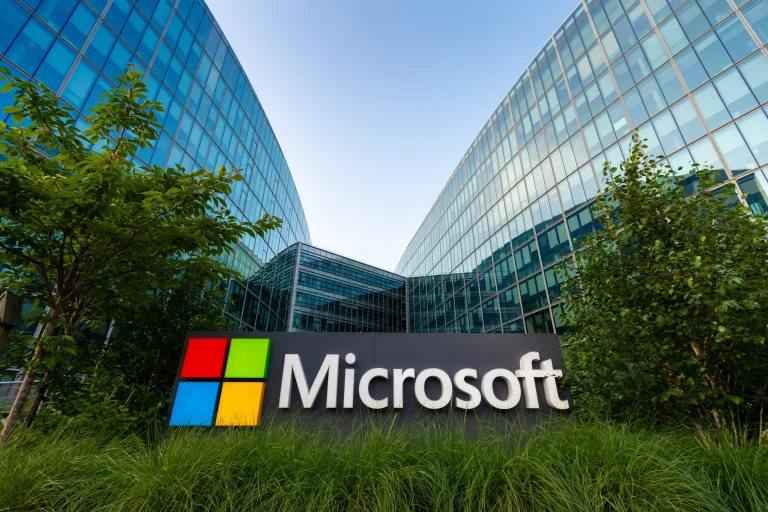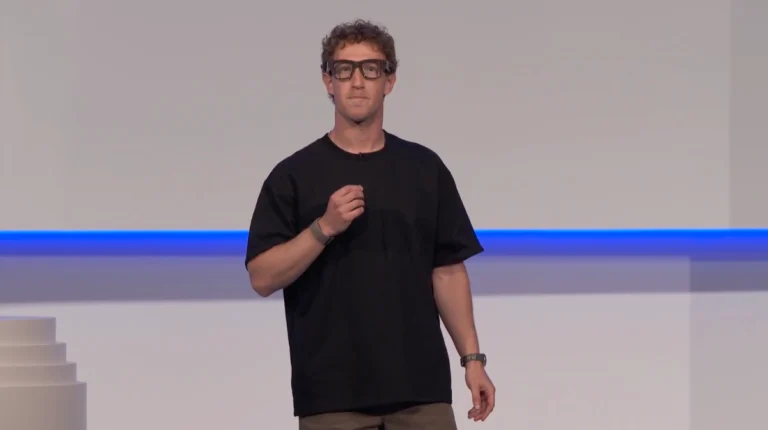
As AI continues to demand staggering amounts of electricity, tech giants are looking to nuclear power to meet that need. There’s just one problem: nuclear isn’t exactly fast. Building new plants can take a decade (if not more), and data centers aren’t exactly known for their patience.
Enter Trey Lauderdale—serial entrepreneur and accidental nuclear geek. Based in San Luis Obispo, California, Lauderdale kept bumping into locals who worked at Diablo Canyon, the state’s last operating nuclear plant. As it turns out, this power plant wasn’t just producing clean energy—it was drowning in documents. We’re talking billions of pages. That’s not a metaphor. It’s literal.
With a background in health tech, Lauderdale saw a very familiar problem—an ocean of paperwork and no good way to search through it. And like any entrepreneur with a hunch and a laptop, he thought: What if AI could fix this?
Boom—Atomic Canyon was born. The startup, launched just 18 months ago and self-funded in its early days, is now on a mission to make nuclear documentation actually usable. The company landed a pilot deal with Diablo Canyon in 2024, and soon after, other plants came knocking.
Fast forward: Atomic Canyon just raised $7 million in seed funding, with Energy Impact Partners leading the charge and a solid list of VCs backing the vision.
But it wasn’t all smooth sailing. Early AI models flopped—badly. “The AI kept hallucinating nuclear terms,” Lauderdale said. Basically, the models had no idea how to deal with industry acronyms. So, Lauderdale made a bold move and pitched Oak Ridge National Laboratory. The result? 20,000 GPU hours from one of the fastest supercomputers in the world.
Now, Atomic Canyon is laser-focused on solving one big problem: making documents searchable. Their AI uses sentence embeddings and retrieval-augmented generation (RAG) to deliver accurate, reference-backed results. No guessing. No hallucinations.
They’re playing it safe by starting with low-risk tasks like summarizing document titles. But the bigger vision? AI that drafts entire regulatory documents with human oversight. Because in the nuclear world, precision isn’t optional.
Lauderdale sums it up: “You’ve got to nail the search first.” And with billions of nuclear documents out there, they’re not running out of work anytime soon.







